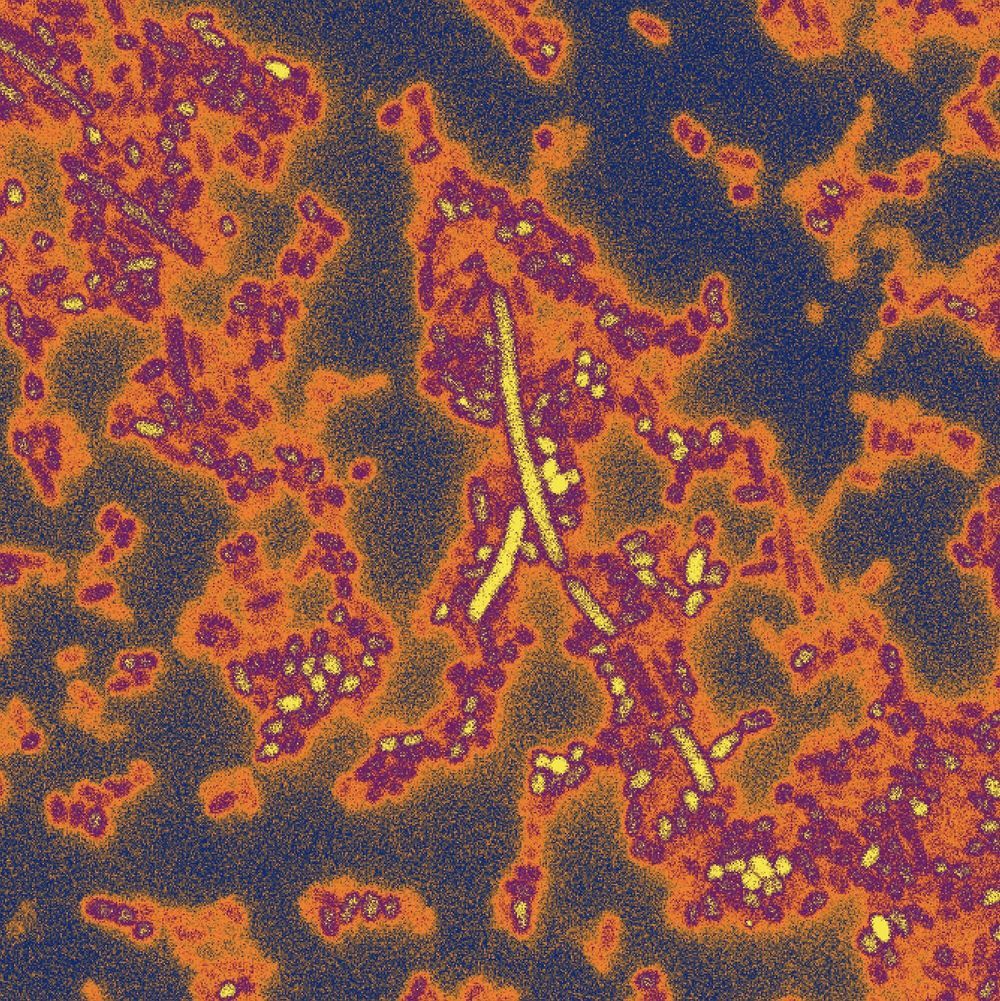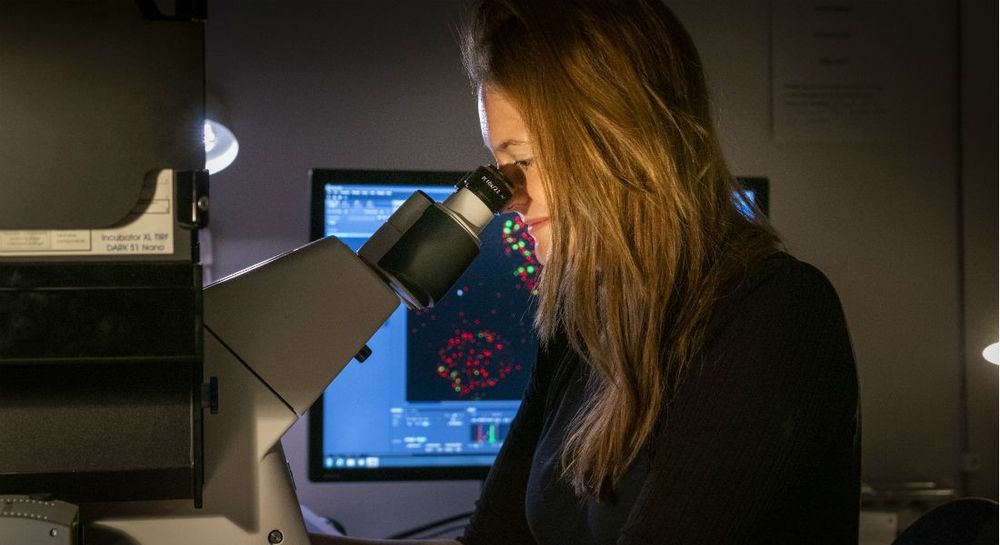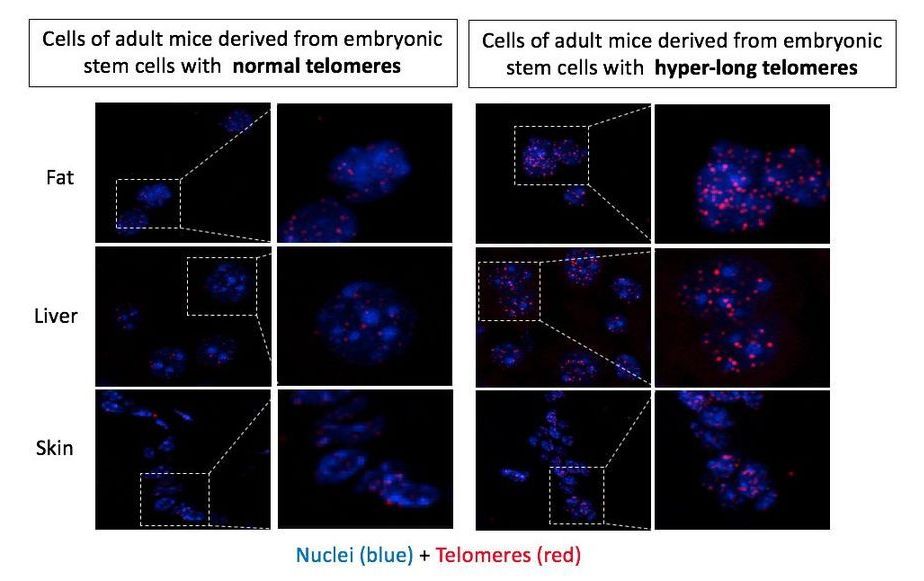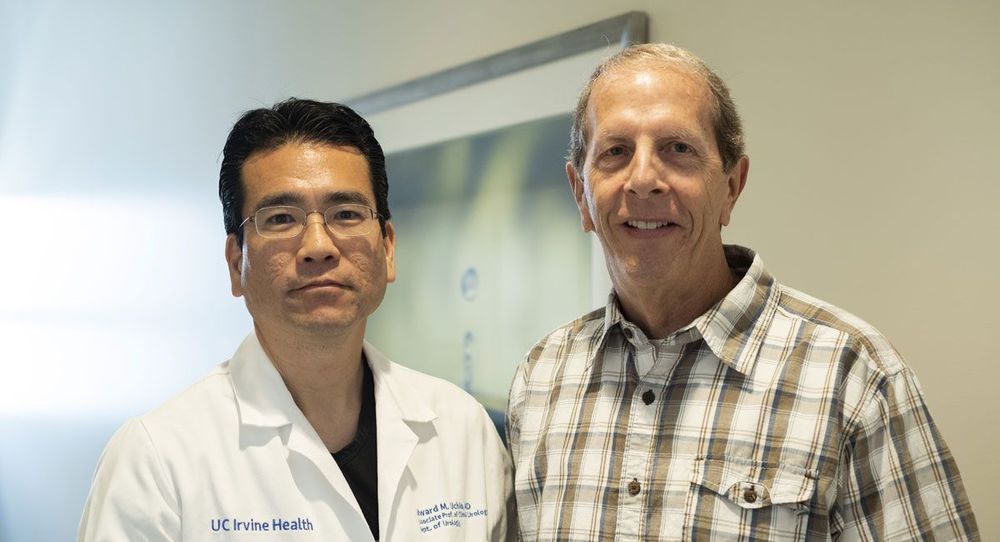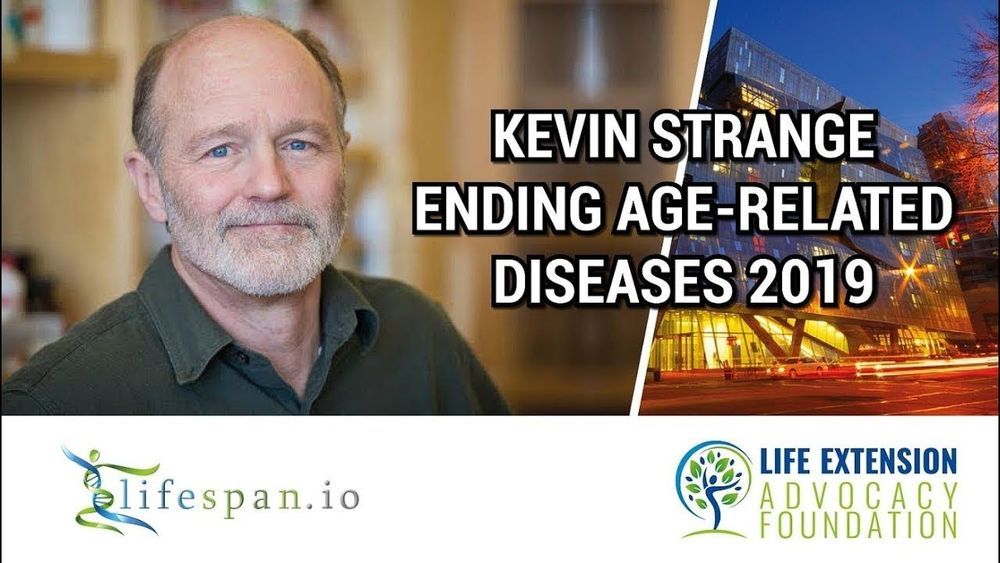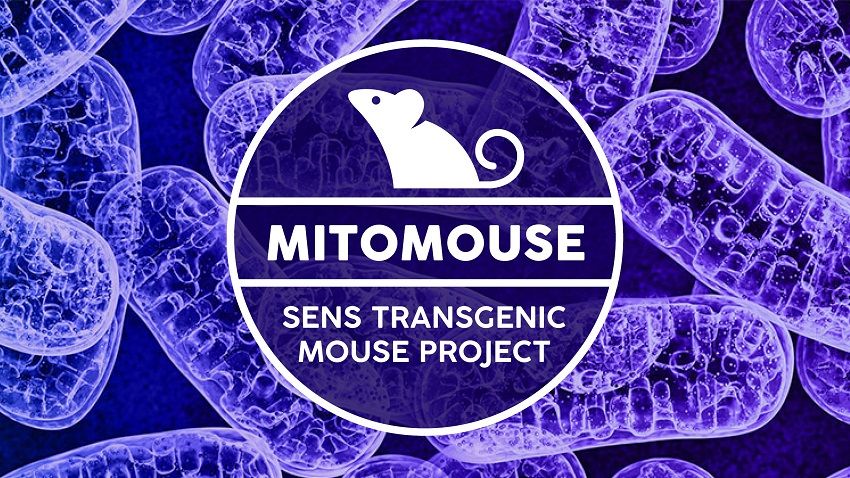Oct 30, 2019
To survive in the human gut, bacteria need genetic ‘passcode’
Posted by Paul Battista in categories: biotech/medical, genetics
Humans’ guts are a dangerous place.
Bacteria living in people’s intestines pump out toxins to deter microbial intruders. But each person’s gut comes with its own set of toxins—an individualized “passcode” microbes must solve to survive, scientists report October 30, 2019, in the journal Nature.
The findings suggest that there’s not a one-size-fits-all approach to probiotics or live biotherapeutics, the microbial supplements that promote the growth of healthy bacteria, says study coauthor Joseph Mougous, a Howard Hughes Medical Institute (HHMI) Investigator at the University of Washington (UW). His team’s work is an early step toward figuring out how scientists might instead tailor beneficial microbes to different people.
